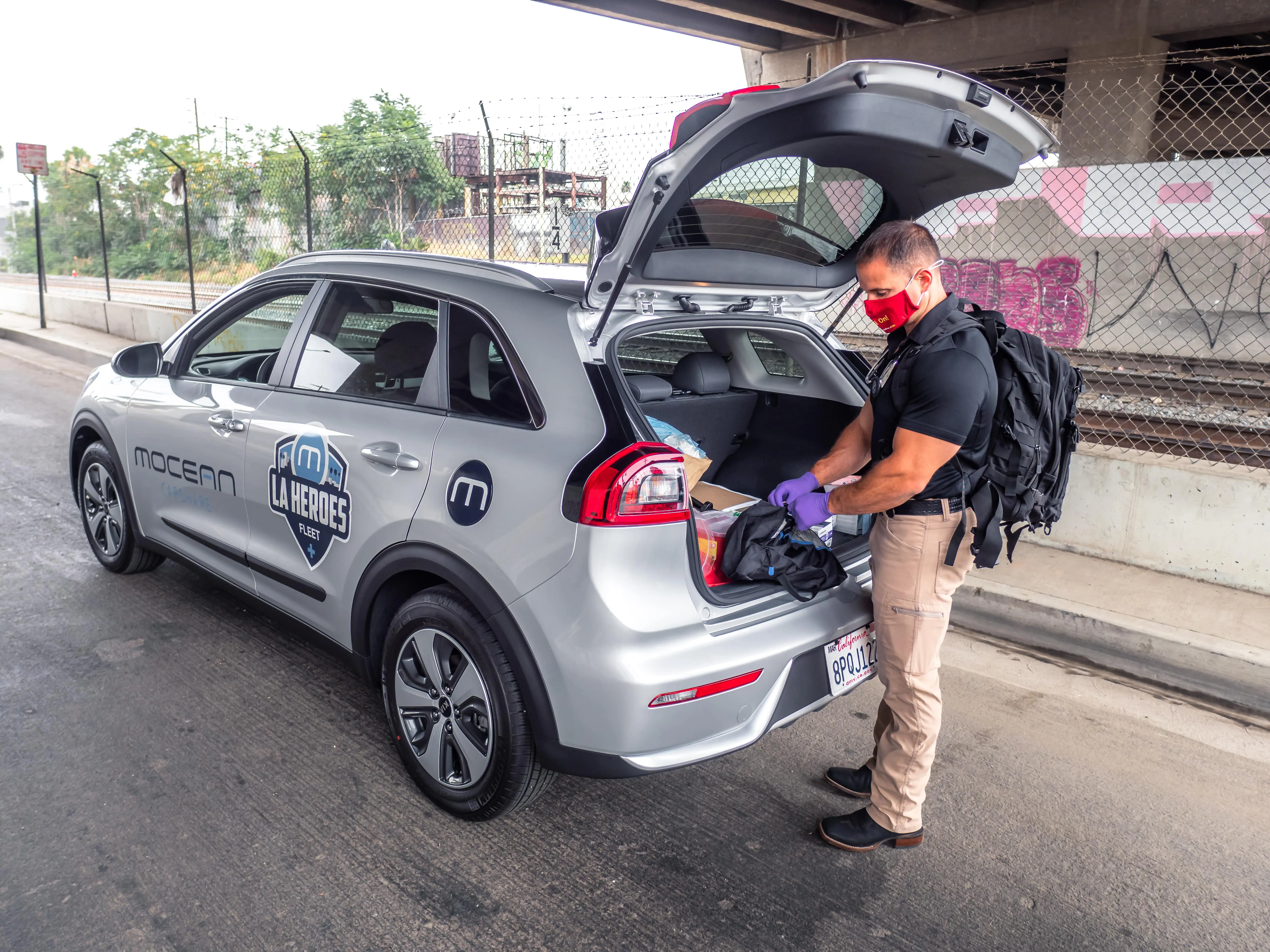Over 86 per cent of UK motorists think distraction caused by mobile phones has become worse in the last three years, according to the second Safety Culture Survey commissioned by road safety charity IAM RoadSmart. In second place was congestion at 81 per cent, reflecting the increasing number of vehicles on the roads as the recession ends.
Of the 2,000 UK drivers surveyed, nearly three quarters believed aggressive driving had worsened over the last three years, with more than 60 per cent reporting the
November 23, 2016
Read time: 2 mins
Over 86 per cent of UK motorists think distraction caused by mobile phones has become worse in the last three years, according to the second Safety Culture Survey commissioned by road safety charity IAM RoadSmart. In second place was congestion at 81 per cent, reflecting the increasing number of vehicles on the roads as the recession ends.
Of the 2,000 UK drivers surveyed, nearly three quarters believed aggressive driving had worsened over the last three years, with more than 60 per cent reporting the same for drug-driving.
The survey asked about the potential car driving problems faced by motorists now compared to three years ago, perceived threats to personal safety whilst driving, support for potential new regulations and many other aspects of motoring life.
Many UK drivers believe the dangers of mobile phones and technology are bigger threats than any other factor on the roads. Some 94 per cent considered drivers checking or updating social media as a threat to their personal safety, while 93 per cent said that was the case for drivers text messaging or e-mailing, and for 91 per cent it was the case for drivers talking on mobile phones.
Some 89 per cent of those surveyed felt people driving after drinking alcohol was a threat to their safety compared to 88 per cent who felt that about those who took illegal drugs and then drove.
There is also huge approval for stricter measures to prevent and reduce drivers using mobile technology in cars, including banning reading or sending text messages, regulating in-car technology to minimise distraction to drivers and prohibiting mobile phone use while driving. Nearly two-thirds agreed that all drivers be encouraged to improve their driving skills by taking advanced driving tuition and passing an advanced driving test.
In the wake of the survey, IAM RoadSmart has also issued road safety tips in time for Road Safety Week, the UK's biggest road safety event.
These include switching off the mobile phone when you get behind the wheel, keeping to the speed limit, always wearing a seatbelt, giving space to motorcyclists, slowing down near schools and in residential areas and not jumping red lights.
Of the 2,000 UK drivers surveyed, nearly three quarters believed aggressive driving had worsened over the last three years, with more than 60 per cent reporting the same for drug-driving.
The survey asked about the potential car driving problems faced by motorists now compared to three years ago, perceived threats to personal safety whilst driving, support for potential new regulations and many other aspects of motoring life.
Many UK drivers believe the dangers of mobile phones and technology are bigger threats than any other factor on the roads. Some 94 per cent considered drivers checking or updating social media as a threat to their personal safety, while 93 per cent said that was the case for drivers text messaging or e-mailing, and for 91 per cent it was the case for drivers talking on mobile phones.
Some 89 per cent of those surveyed felt people driving after drinking alcohol was a threat to their safety compared to 88 per cent who felt that about those who took illegal drugs and then drove.
There is also huge approval for stricter measures to prevent and reduce drivers using mobile technology in cars, including banning reading or sending text messages, regulating in-car technology to minimise distraction to drivers and prohibiting mobile phone use while driving. Nearly two-thirds agreed that all drivers be encouraged to improve their driving skills by taking advanced driving tuition and passing an advanced driving test.
In the wake of the survey, IAM RoadSmart has also issued road safety tips in time for Road Safety Week, the UK's biggest road safety event.
These include switching off the mobile phone when you get behind the wheel, keeping to the speed limit, always wearing a seatbelt, giving space to motorcyclists, slowing down near schools and in residential areas and not jumping red lights.









